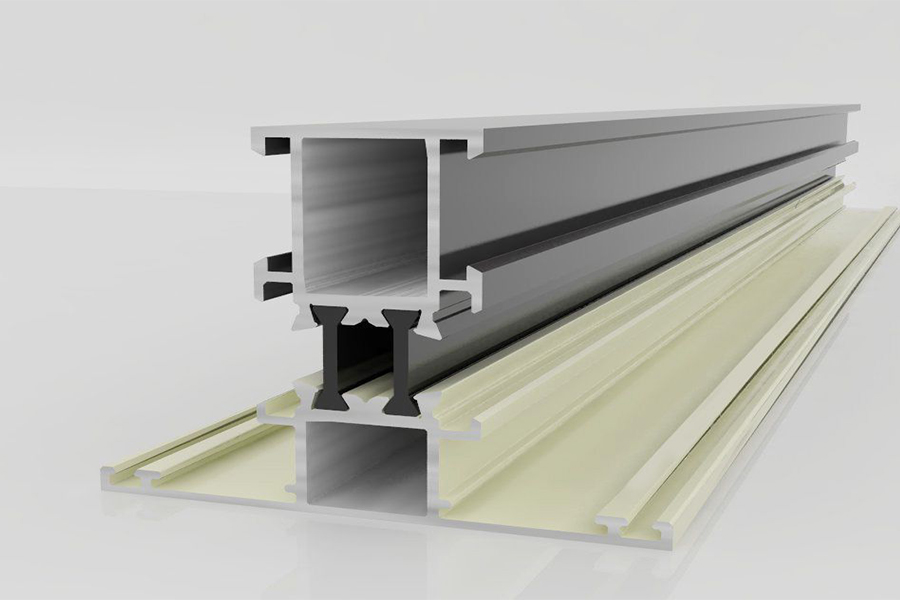
What materials can be extruded using an aluminum extrusion machine?
Extrusion casting, also known as liquid die forging, involves completing the filling, solidification, and shrinkage compensation processes under pressure, which refines the grain size, improves the microstructure, and controls casting defects.
The most significant feature of extrusion casting compared to other solid-liquid forming methods is high-pressure solidification and crystallization. The process is highly adaptable and suitable for producing multi-alloy systems, including both cast and forged aluminum alloys. It is also effective for creating complex-shaped, thick-walled, and large-cast parts. The process is simple and can be easily automated. Extrusion castings have excellent microstructural quality, with fine grains, compact microstructures, low porosity, and superior mechanical properties. The castings can undergo solid solution and aging treatments, offering high surface quality and dimensional accuracy. Due to these advantages, extrusion casting has largely replaced other forming methods in the production of precision, high-quality castings and parts that meet special performance requirements, such as high strength, toughness, wear resistance, and gas-tightness, in industries like automotive, telecommunications, high-speed rail, and power generation.
Alloy materials play a crucial role in determining process parameters and directly influencing the service life of molds. Currently, aluminum alloys and aluminum-based composites are the focus of extrusion casting materials. Among them, Al-Si, Al-Cu, and Al-Zn series aluminum alloys are the most widely used, with the research on Al-Si alloys being the most developed due to their excellent casting properties. Key factors such as filling ability, hot crack sensitivity, and shrinkage compensation ability are critical indicators of alloy performance in casting processes. It has been found that extrusion casting exhibits strong adaptability to aluminum alloys, with relatively low requirements for the alloy’s processability—emphasizing instead the alloy’s end-use performance. To meet specific performance requirements like high strength, toughness, wear resistance, corrosion resistance, fatigue resistance, and creep resistance, the development of dedicated extrusion casting alloys is essential.
Expanding the application range of aluminum alloy extrusion casting technology and improving casting quality remain enduring themes in the development of this field. Huanan Heavy Industry Technology Co., Ltd, Our company has made significant progress in Aluminum extrusion machine, tooling, process control, and numerical simulation technologies. The direction of extrusion casting products is moving towards larger, more complex designs, with greater emphasis on controlling temperature and stress fields to reduce casting defects. We have made breakthroughs in both equipment and process areas to support this development.
Copyright @ 2025 Huanan Heavy Industry Technology Co.,Ltd All Rights Reserved. Network Supported
Network Supported
Sitemap / Blog / Xml / Privacy Policy